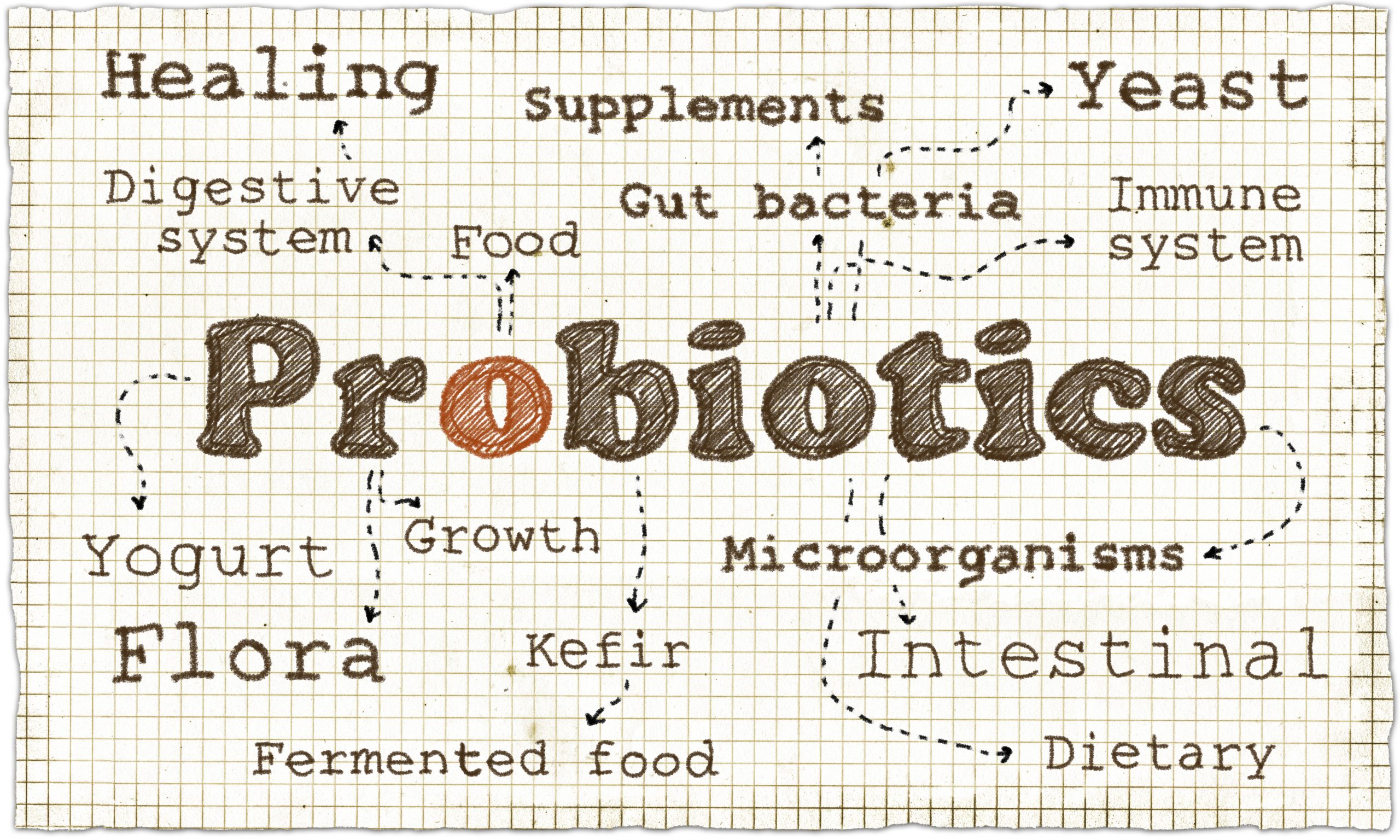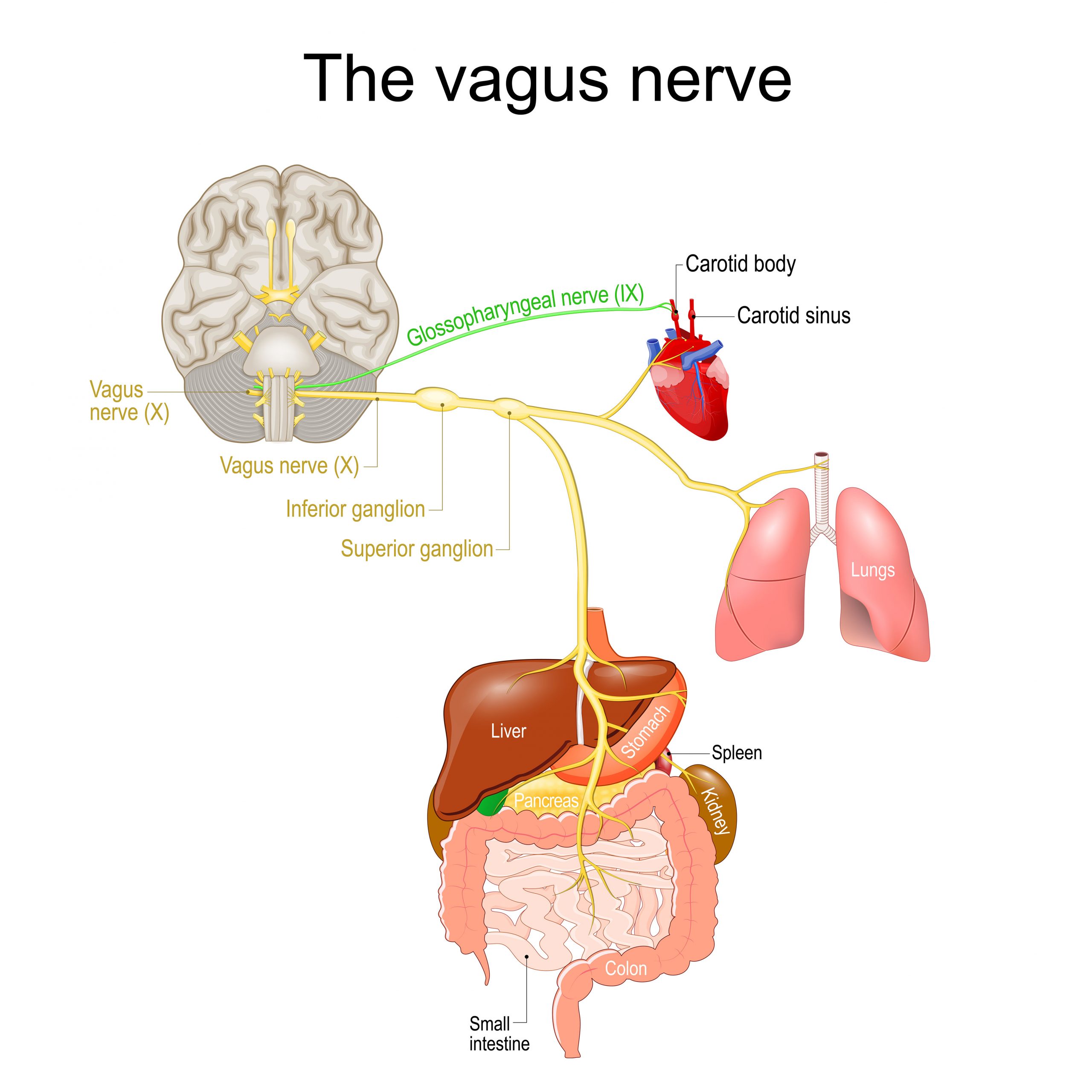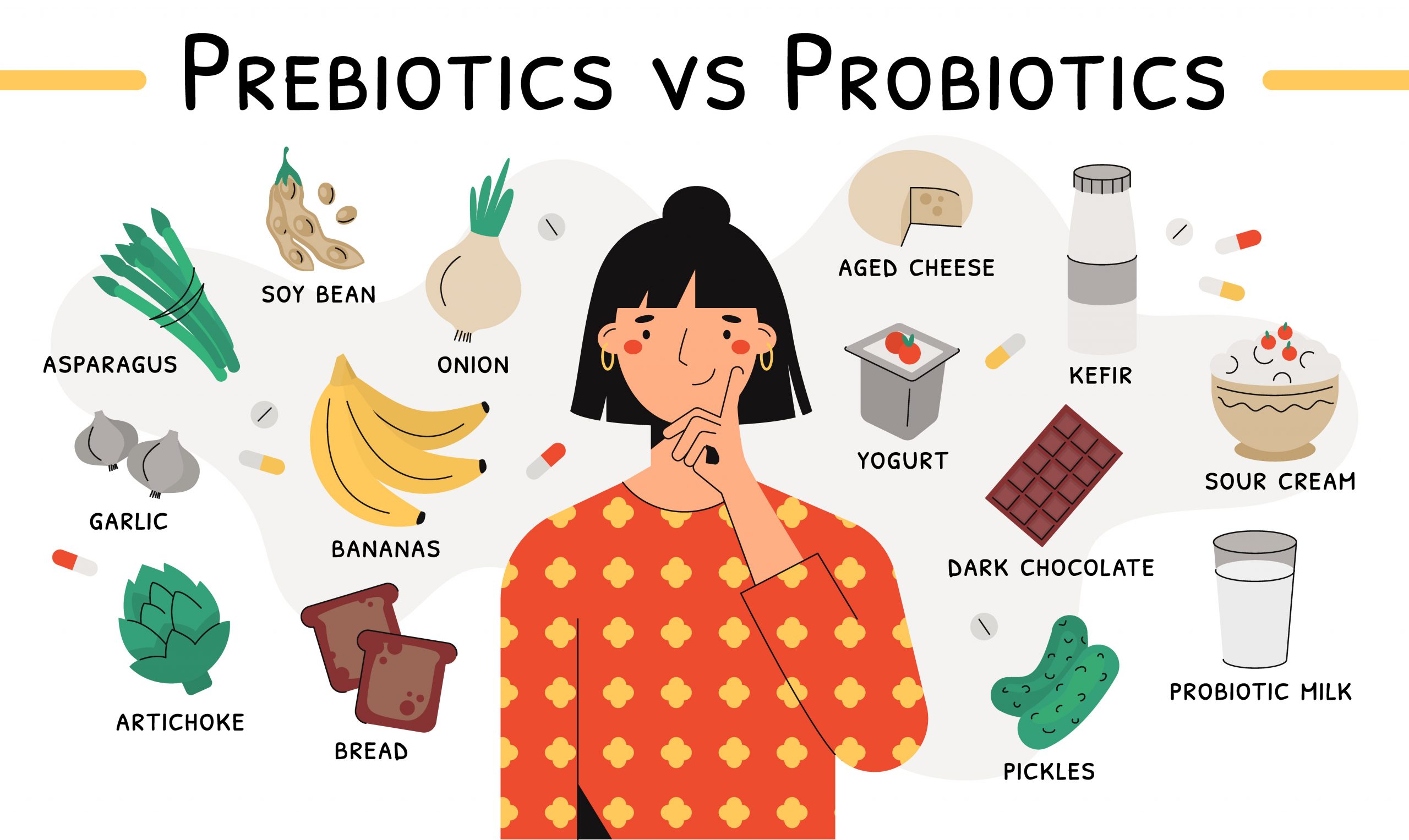When Disaster Strikes, It’s Not Hunger or Thirst That Takes the First Lives In every disaster zone, from hurricanes in the Caribbean to war zones in Ukraine, the pattern is the same. People worry about food and water, but it’s infection that kills first. A small wound...
Are They Telling Us Everything? Probably Not


If it weren’t for the fact there was so much conflicting information before the Covid-19 pandemic, it would be easier to believe the CDC, WHO, Chinese health authorities and other health professionals that White Lung Syndrome is really nothing to worry about. It wasn’t too long ago that a few months before Covid 19 was declared a pandemic we were told the same thing. And who can forget the infamous 2 weeks to flatten the curve?
The information on where, what, and how these outbreaks of M. pneumonia are occurring has been limited. We will continue to monitor this outbreak and bring reports periodically.
Be prepared, not scared
For now, we can get medically prepared. Check and refill (as needed) your stock of pain and fever relievers, nebulizer treatments and other supplies. One valuable supplement that can help keep your immune system in top shape are probiotics. Probiotics are even beneficial if you do get sick. For instance, they can treat antibiotic associated diarrhea.
Probiotics to curb antibiotic associated diarrhea.
Mycoplasma pneumonia is a bacterial pneumonia, and azithromycin is one of the antibiotics used to treat M. pneumoniae. Whether you or a member of your family are given an antibiotic, one common side effect is antibiotic associated diarrhea.
Probiotics are sometimes prescribed at the same time as antibiotic therapy are initiated to treat antibiotic associated diarrhea. Young children are more at risk for dehydration because of their smaller body size than teens and adults. Dehydration can be life threatening and lead to further complications.
A study titled “Role of Probiotics in Mycoplasma pneumoniae Pneumonia in Children: A Short-Term Pilot Project” concluded M. pneumoniae can be successfully treated with azithromycin; however, antibiotic-associated diarrhea (AAD) is a common adverse effect. This study determined the effects of probiotics (live Clostridium butyricum plus Bifidobacterium infantis) prevented AAD in children with mycoplasma pneumonia when co-administered with intravenous azithromycin. The probiotics also helped reconstruct the gut microbiota, especially the restoration of bacterial diversity, which is important to overall health.
Use probiotics with caution and under the guidance of your care provider
While it has been well documented that probiotics and probiotic rich foods enhance immune system function, there can be some drawback to their use. In the immune compromise population, beneficial bacteria can take over and turn pathogenic. Young children especially need to be monitored if given any probiotics. In addition to probiotics in supplement form, adding probiotic rich foods offer powerful immune boosting benefits to your diet.

Probiotics are powerful immune modulators. The gut-lung axis is poorly understood at this point, however there is undeniable evidence that probiotics, especially Lactobacilli modulate immune response via gut lung pathways. Even though the exact mechanism of action is still being researched, the following are some known benefits of probiotic supplementation.
- Viral respiratory tract infection (RTI) is the most frequent cause of infectious illnesses including the common cold. Antibiotics don’t work on viral illnesses and there are limited medications available to treat viral respiratory infections.
- Supplements with L. paracasei MCC1849 can provide protection against influenza virus.
- Lactobacillus strains have a beneficial role in respiratory diseases including respiratory tract infections (RTIs), asthma, lung cancer, cystic fibrosis (CF) and COPD.
- The combination of oral L. paracase, L. casei CRL 431 and L. fermentium PCC also reduces rhinovirus-induced common and influenza-like infection. (mainly Lactobacilli) can decrease the risk of respiratory failure in COVID-19 patients by 8-fold.
- Rhamnosus GG, L. gasseri TMC0356, L. plantarum IM76, L. plantarum CJLP133 and CJLP243 can effectively improve the symptoms of allergic rhinitis. In clinical trials. L. gasseri KS-13, L. casei Shirota and L. acidophilus L-92 have been used to effectively prevent seasonal allergic rhinitis.
- Common fermented foods, such as live culture yogurt, sauerkraut, miso and other foods are naturally probiotic rich. Check labels for the strain of probiotics the food carries.
Keep your immune system in top shape. Wash hands. Avoid being around sick people. Stay home and keep your child at home if you or your child are sick. In other words, use common sense.
This time of year is historically cold/flu season. Stock up on supplies you may need for all members of the family. Do you own a reliable thermometer? I am surprised how many people overlook thermometers as part of medical preparation!
- Brooke Lounsbury, RN
Medical Content Writer
Lifesaving Medications
Everyone should be empowered to care for themselves and their loved ones during the unexpected.
Recent Posts
Keeping you informed and safe.
Medical Readiness: What Really Kills First
Exploring Dr. William Makis’ Hybrid Orthomolecular Cancer Protocol: Focus on Ivermectin and Mebendazole/Fenbendazole
Exploring Dr. William Makis’ Hybrid Orthomolecular Cancer Protocol: Focus on Ivermectin and Mebendazole/Fenbendazole *Disclaimer: This article is for educational purposes and does not constitute medical advice. Always seek professional guidance.* In the evolving...
Be Prepared for Life’s Unexpected Moments
3 Reasons EVERYONE should have emergency medications avaiable. It's all about access—access to medications and care when you need it most. And when things happen outside of your control that access can disappear.Below are 3 examples of how easily this access can be...
Youth Preparedness: Teaching, Building, and Coping with Disasters
Educating and preparing your children ahead of time means fewer surprises in the event of an emergency.Growing Up Prepared: Empowering Youth in Disaster Preparedness As we observe National Preparedness Month, it's crucial to remember that disasters can strike at any...









